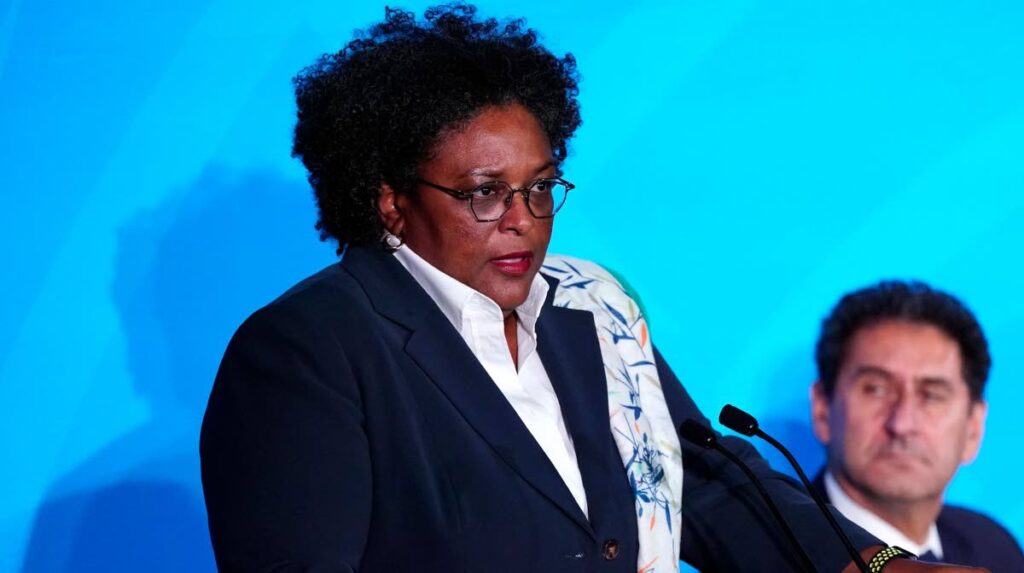Securing climate financing

THE SUMMIT held in Paris this month on the need for a new global financial pact underlined the central role of climate financing in addressing the worsening global environmental crisis.
Progress, however, has been too slow, and the international community, despite being united in talking the talk, remains badly splintered when it comes to walking the walk in relation to the green transition.
What is climate financing? Climate financing refers to local and transnational financing – drawn from both public and private sources – that seeks to support mitigation and adaptation actions that will address climate change and bring about a new world of sustainable development. For decades, the chief bugbear of entities that have refused to take action on environmental issues has been the cost.
Climate financing would not only make more money available for green policies, but it would help the countries worst affected by the ongoing ravages of climate change as well as smaller, developing nations that do not account for the lion’s share of global pollution.
The presence of Barbados Prime Minister Mia Mottley at this month’s summit reflected the fact that small island states in particular have a lot at stake on this issue. Ms Mottley’s ambitious plan, dubbed The Bridgetown Initiative, throws down the gauntlet to global leaders to address a history of underdevelopment and inequity.
That the summit ended with mixed results yet again plays into the issues of fairness and trust that are plaguing global efforts, with larger countries seemingly unwilling to keep promises to bring about change.
It is a good thing that countries agreed to introduce “debt resilient clauses” that would allow global financial institutions to pause debt in the wake of climate-related disasters. However, these would only apply to new loans.
Work also continued on allowing developing countries to access US$100 billion in special drawing rights from the world’s biggest economies, but some experts estimate the extent of funding required is really in the trillions. And they believe the funding should have been available long before now.
Meanwhile, though they are beginning to take hold, the notion of taxing marine shipping emissions as well as a slate of other taxation measures remain abstract.
“My plea simply now is to step up the pace, and let’s get going,” Ms Mottley told leaders at the summit.
Daily we see the impact of climate change which means our government has a direct role in getting Caricom to lobby for reforms to the Bretton Woods institutions, namely the International Monetary Fund and the World Bank, which this year celebrate 80 years of existence.
The funding is a key issue, but stoking the appetite of investors willing to take risks on green initiatives is another, requiring a stronger financial sector and a greater ease of doing business. Government needs to be working faster to address both.
TT’s Green Climate Fund also needs to be pushed, and policy moves such as the removal of duties on green technologies have to be deepened. We need far more ambitious goals. Otherwise, like many developed countries today, we will continue to pay lip service to change while wilfully remaining tied to the same ole same ole.


Comments
"Securing climate financing"